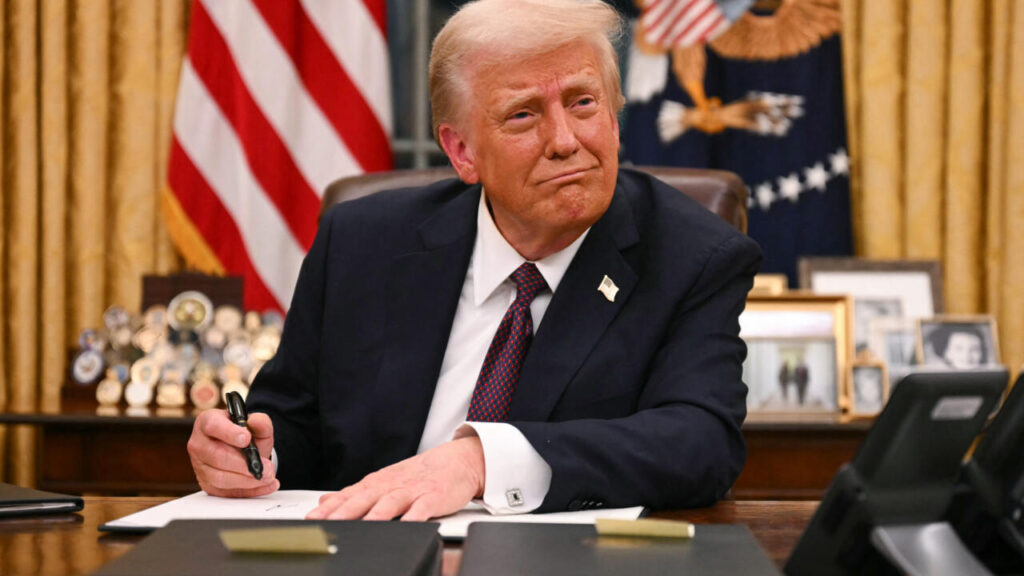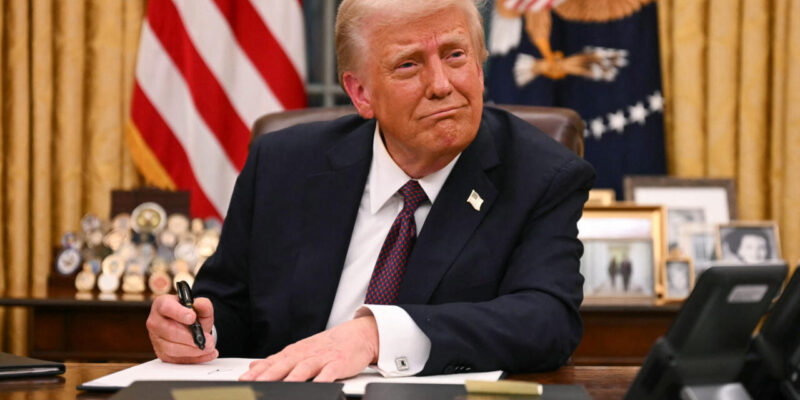
In a significant shift in U.S. immigration policy, authorities are now permitted to make arrests in previously off-limits locations such as schools, churches, and hospitals. The move follows the Trump administration’s reversal of long-standing policies that classified these venues as “sensitive areas” protected from enforcement actions.
The new directive, aimed at tightening immigration controls, marks the end of more than a decade of restrictions. “Criminals will no longer be able to hide in America’s schools and churches to avoid arrest,” a U.S. immigration authority spokesperson stated.
The policy aligns with broader initiatives under President Donald Trump, who has prioritized stricter immigration enforcement since his inauguration as the 47th U.S. President. Trump signed several executive orders aimed at overhauling immigration processes, including suspending the refugee system, blocking access to an app that facilitated U.S. entry, and strengthening cooperation between Immigration and Customs Enforcement (ICE) and local governments.
As part of the intensified enforcement measures, ICE agents are preparing for nationwide operations to identify, arrest, and deport undocumented individuals. Tom Homan, Trump’s border czar, confirmed that these efforts would begin immediately, with ICE officers actively enforcing immigration laws across the country.
Widespread Opposition
The policy change has drawn sharp criticism from advocacy groups, religious leaders, and lawmakers. The Centre for Law and Social Policy expressed grave concerns about the potential impact on immigrant families, particularly those with U.S.-citizen children. The organization warned that fear of deportation could deter families from seeking essential services, including medical care and education, and expose children to traumatic encounters with immigration officials.
Religious leaders have also spoken out against the policy. During a sermon at an inaugural prayer service, the Episcopal bishop of Washington called on the administration to show compassion toward immigrants and vulnerable communities.
Several Democrat-led states have launched legal challenges against the administration, arguing that the policy undermines fundamental protections and creates unnecessary fear in immigrant communities.
Despite the backlash, President Trump has remained steadfast in his commitment to deport undocumented individuals, emphasizing that the new measures are part of a broader effort to address immigration-related issues and ensure public safety.

Comments